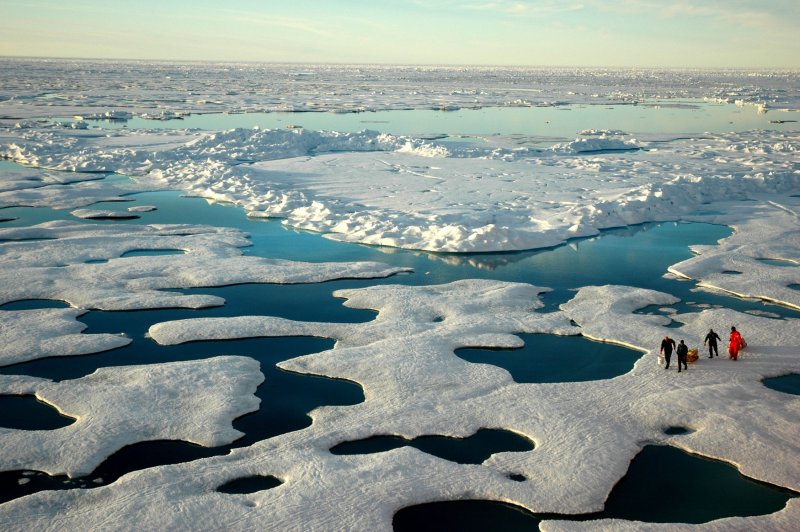DURBAN, South Africa, Sept. 20 (UPI) -- World governments are expected to take significant steps toward building an effective mechanism to address climate change, a U.N. official said in South Africa.
Christiana Figueres, executive secretary of the U.N. Framework Convention on Climate Change, said from Durban, South Africa, the site a November conference on climate change, that world leaders are expected to make strides on their commitments to a low-carbon economy.















